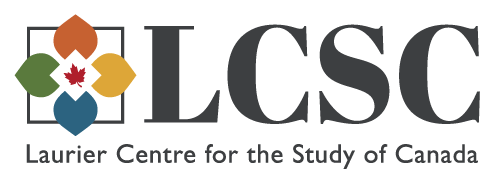Home > CMH > Vol. 29 (2020) > Iss. 1
Abstract
At the outset of the Second World War decision-makers in Ottawa were entirely dependent on the United Kingdom for finished intelligence on foreign military and political developments. During six years of war the intelligence work carried out in Canada expanded in several areas, and included a growing capacity to carry out intelligence analysis in several fields. An analytic group was established to exploit the mass of detailed information collected by the postal censorship programme. The Department of External Affairs created a small unit that drew on signals intercepts and other sources to assess political issues for senior officials. In the Department of National Defence, the newly-created Joint Intelligence Committee took the first steps in producing strategic intelligence assessments from a Canadian perspective. These developments were all heavily influenced by Canada’s close intelligence relations with the UK and US. A major impediment to the development of an independent analytic capacity, however, was the lack of demand for Canadian-origin intelligence assessments from senior political and military leaders in Ottawa, who continued to look to allies for intelligence to inform national-level decisions.
Recommended Citation
Barnes, Alan "First Steps: Intelligence Analysis in Canada during the Second World War." Canadian Military History 29, 1 (2020)

